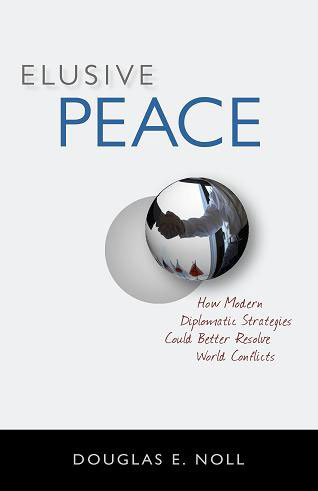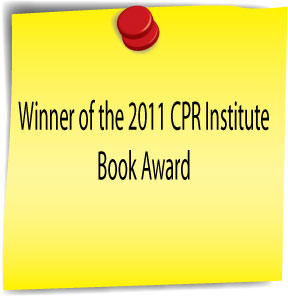Segment 1: We Always Have Choices.
Our guest on this edition of The Doug Noll show is David Emerald Womeldorff. David is a consultant, executive coach, speaker and author of The Power of TED, a fable on personal leadership that offers an affective antidote for Karpman’s Drama Triangle. TED (The Empowerment Dynamic) is a way of thinking and interacting with others. When we apply the principals of TED, we realize that we have choices. Sometimes they are limited, but we always have choices — we can choose the outcomes we want in our lives and how we respond to life’s circumstances. David’s passion is helping people live their lives as consciously and collaboratively as possible. To find out more about David and his work, please visit http://www.bainbridgeleadership.com/davidwomeldorff.html and http://powerofted.com/.
Segment 2: The Drama Triangle.
The Drama Triangle is interplay between victim, persecutor, and rescuer. We are a victim anytime we feel powerless. In order to be a victim, one must have a persecutor. A persecutor can be a human or a natural disaster or a medical condition, etc. A rescuer is someone/thing that “fixes” the victim or tries to protect the victim from the persecutor. The rescuer does not have to be a person; it can be an addiction or anything that temporarily numbs the pain. There is a trap to being in the rescuer role: over time the rescuer ends up being seen by the victim as the new persecutor. Eventually the victim realizes that they are being kept powerless by the rescuer.
The Drama Triangle is routed in a mindset that is anxiety-based and reactive in nature. This very mindset has helped us survive as a species. The reactivity is deeply wired and has been passed down as a survival mechanism. David says to fix the Drama Triangle we need to shift from a victim orientation to a creator orientation. When we utilize a creator orientation, the focus is on the outcomes we want to create and accomplish, instead of what we DON’T want to happen.
Segment 3: The Antidotes.
This is life-long work that takes patience and baby steps. We need to remember that we do have choices and we can choose a resourceful path. The “moment of choice” is the key point. TED helps us realize that:
Creator is the antidote to victim
Challenger is the antidote to persecutor
Coach is the antidote to rescuer
Segment 4: Non-Attachment, not Detachment.
One of the greatest challenges that you can have in TED is playing the role of challenger and coach at the same time. The secret is to cultivate a measure of non-attachment (different than detachment). The coach supports by asking questions, while the challenger supports by making declarative statements. It is requires a high level of self-awareness to play these roles and is a life-long practice. Baby steps!
To hear the entire interview:



